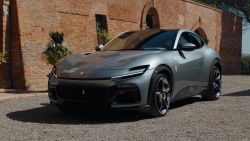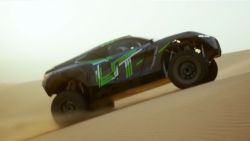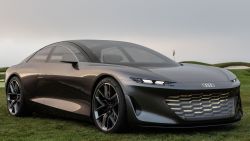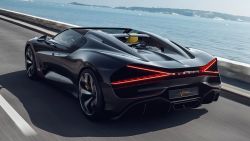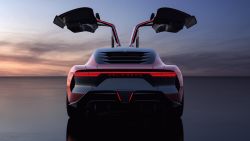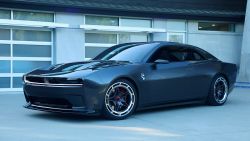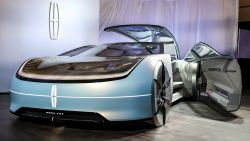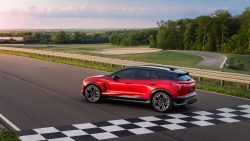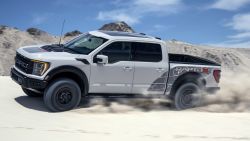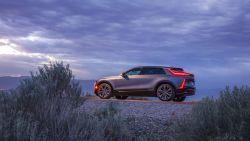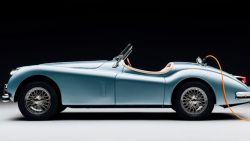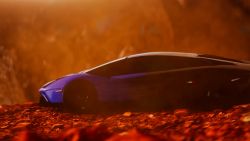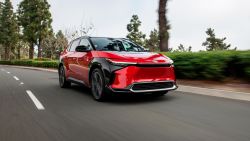While it may have an open cargo bed in the back, Hyundai’s new Santa Cruz is not a pickup truck. Or, at least, not according to Hyundai.
Instead, the automaker calls it a “sport adventure vehicle,” a term the company says it settled on through customer research. The Santa Cruz combines aspects of a crossover SUV – an SUV that’s engineered like a car – with a pickup truck. It has seating for as many as five people with a small cargo bed.
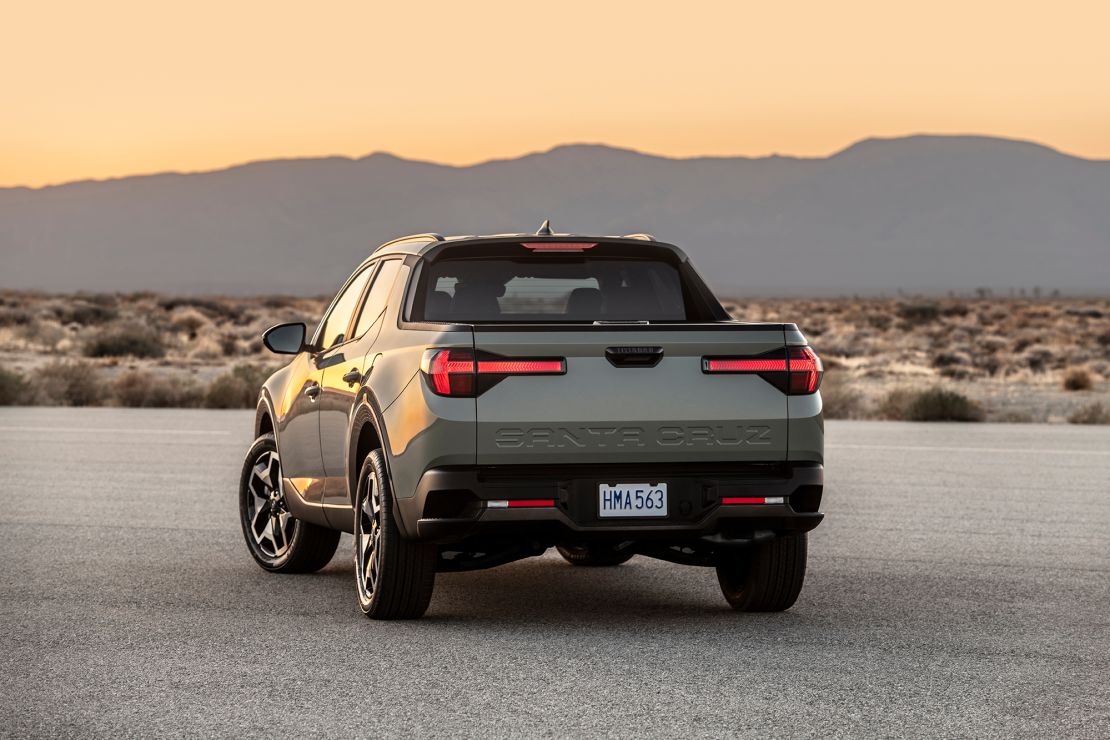
But for all intents and purposes, it’s a pickup. The Santa Cruz, which will be built in Hyundai’s Montgomery, Alabama, factory, is the Korean automaker’s first entry into America’s highly competitive pickup market
Big pickups are the best-selling vehicles in America. The Ford F-series, for example, has been the best-selling vehicle of any kind in the US for more than 40 years. But comparing those F-150s, Rams and Silverados to the Santa Cruz is like comparing a Bengal tiger to the housecat on your sofa.
Hyundai doesn’t claim the Santa Cruz is intended to carry big loads or do heavy work. At 196 inches from end to end, It’s smaller than most other pickups on the market, even relatively small ones like the Toyota Tacoma or the Honda Ridgeline. Instead, the all-wheel-drive Santa Cruz’s four foot long bed is intended to carry outdoor gear that owners wouldn’t want muddying up the inside of an SUV. In designing the Santa Cruz, emphasis was placed on occupant comfort and maneuverability, a Hyundai spokesman said,
There is ample lockable storage space within the bed and inside the cab, according to Hyundai, for those things owners don’t want left out in the open. The Santa Cruz also comes with a lockable bed cover.
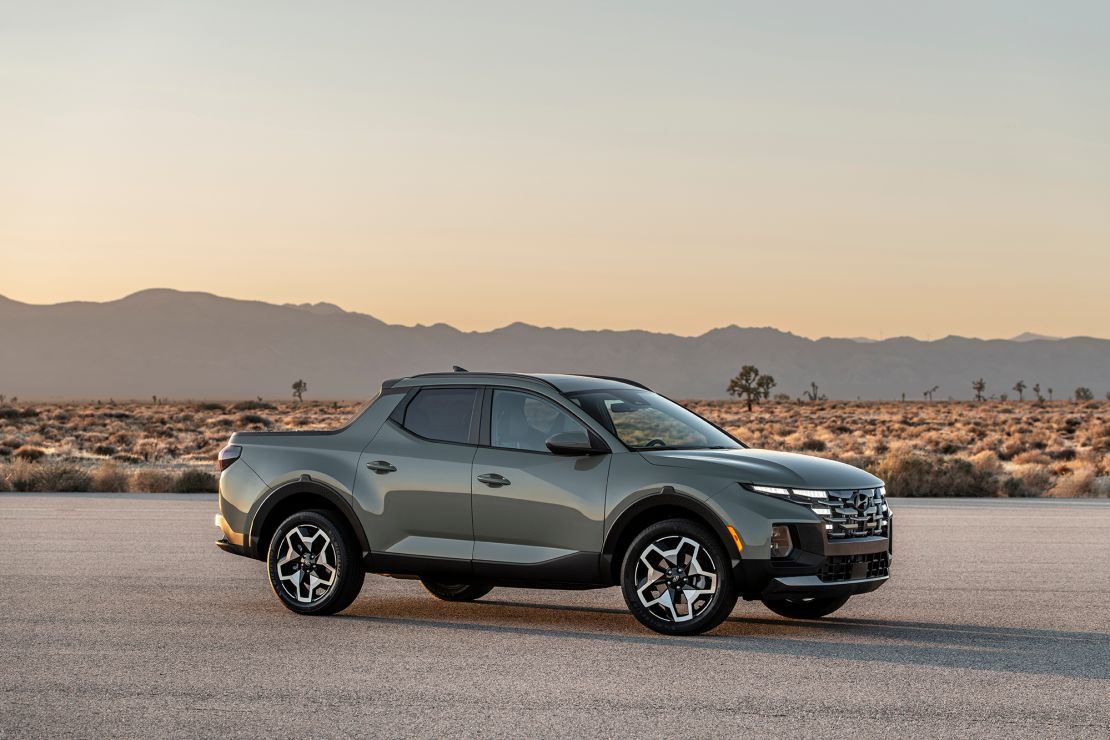
The Santa Cruz will be available with either one of two gas engines, one producing over 190 horsepower and the other over 275. (More definite horsepower figures are not yet available.) With the stronger engine, it will be able to tow as much as 5,000 pounds, according to Hyundai.
Car/pickup mash-ups are far from new, of course. Some of the earliest pickups were modified Ford Model Ts. Much later, automakers offered vehicles like the Chevrolet El Camino and Ford Ranchero that were low-riding car-based trucks. In the late 20th Century, Subaru offered the tiny Brat, and a few decades later, the Baja.
Meanwhile, traditional pickups have, themselves, evolved to offer more car-like amenities, such as lockable storage space and even luxury features, like leather seats with massage functions, hi-tech entertainment systems and, in the new F-150, hands-free driving capabilities.



